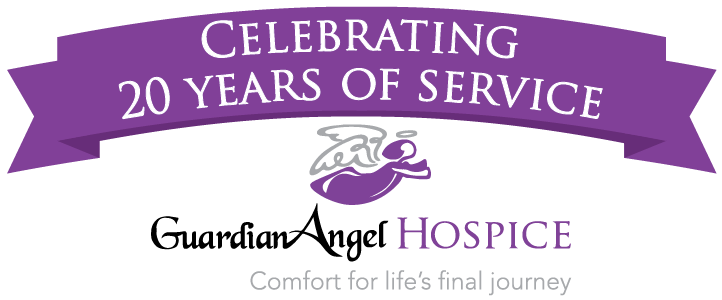
Regret tends to be one of those emotions we’d prefer not to feel. Which is unfortunate, according to researcher Brené Brown. Her point is that “regret can be a fair but tough teacher.” If we don’t let regret mire us in the past—with self-blame and guilt—then we can use it to guide our future.
Regret is ultimately about living outside our values. Failures of courage are typically the most painful regrets: Failure to speak up, show up, be kind—to self or others.
As a family caregiver, you may find yourself often struggling against regret, as there’s always more that can be done or done better! But it’s important to be realistic and give yourself credit for all that goes right.
To help ease regrets, author Daniel Pink has made these suggestions:
- Talk to yourself the way you would a friend. If you heard your story from a friend, how would you respond? Likely you would be kind and comforting. Get past your harsh inner critic to harvest some wisdom from the situation.
- Share your regret with someone else. Telling your story out loud, or even writing about it, can “de-fang” its bite.
- Make amends? In some situations, you can come back to your loved one (or other) and apologize. Perhaps do something materially that can change the outcome.
- Take note of lessons learned. While you cannot undo the past, you can gain insight for the future. What was at the root of your behavior? If something similar were to arise, how will you remind yourself to approach it differently?
- “At least …” Take some time to recognize that it could have been worse. Appreciate that this was one instance out of many.
If regret is getting in the way of your sleep or daily happiness, consider talking to a therapist. They can help you find the lessons and move forward.
This post is brought to you by Guardian Angel Hospice.
Might you or a loved one benefit from hospice care?
Check out our services
- Hospice in Kokomo and surrounding communities
- Hospice in Logansport and surrounding communities
- Hospice in Lafayette and surrounding communities
- Hospice in Lebanon and surrounding communities
- Hospice in Frankfort and surrounding communities
- Hospice in Carmel and surrounding communities
- Hospice in Indianapolis and surrounding communities

